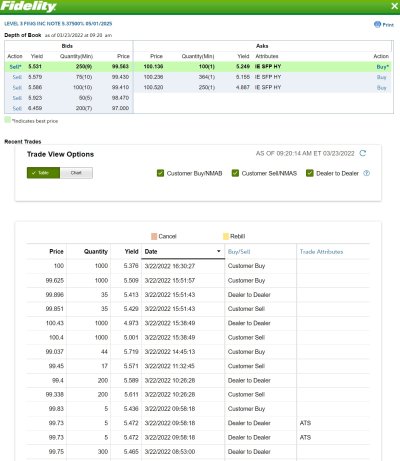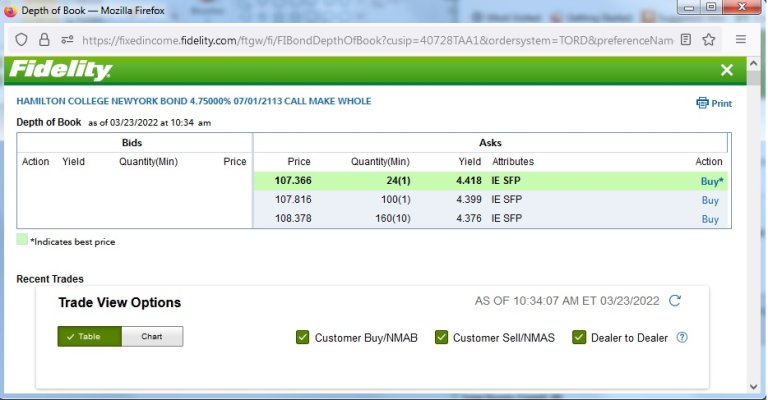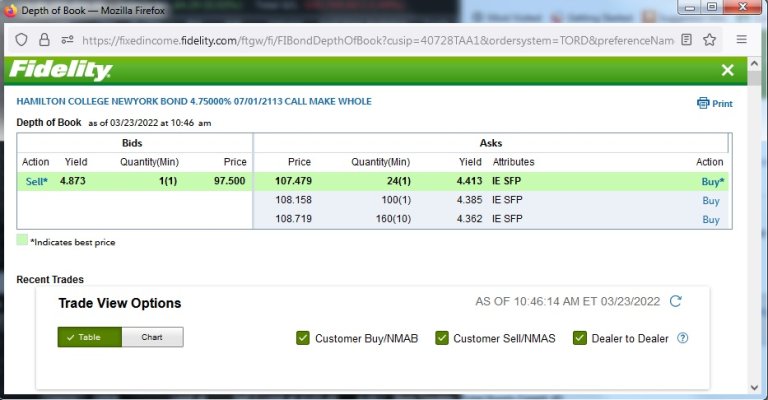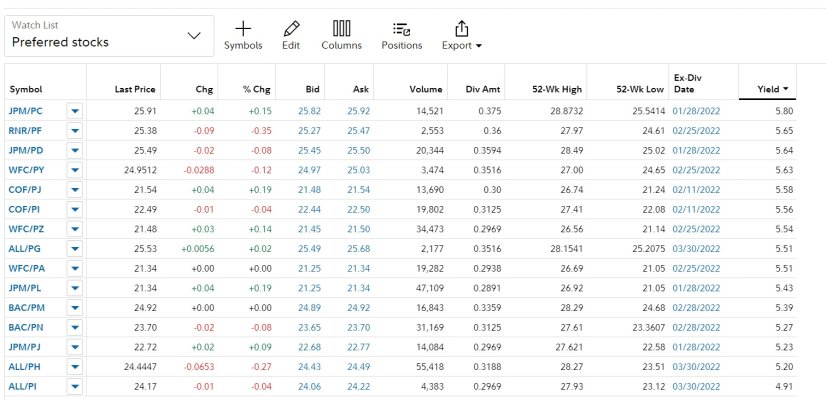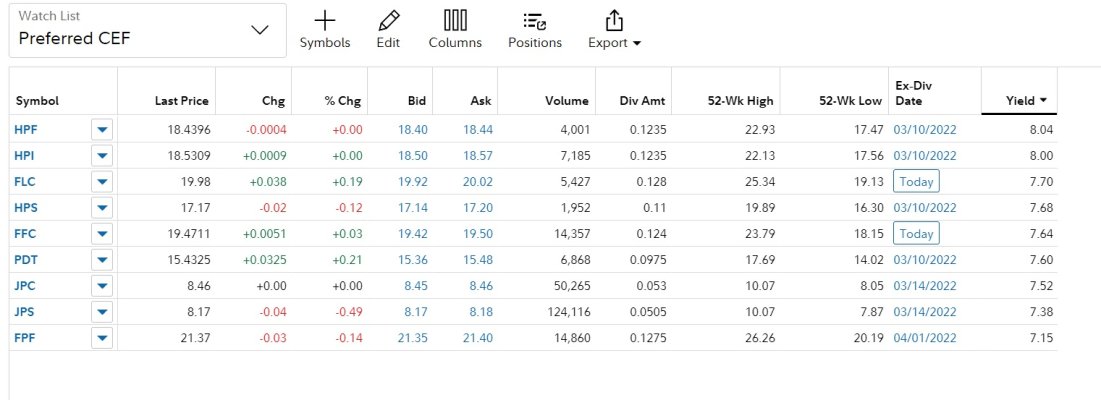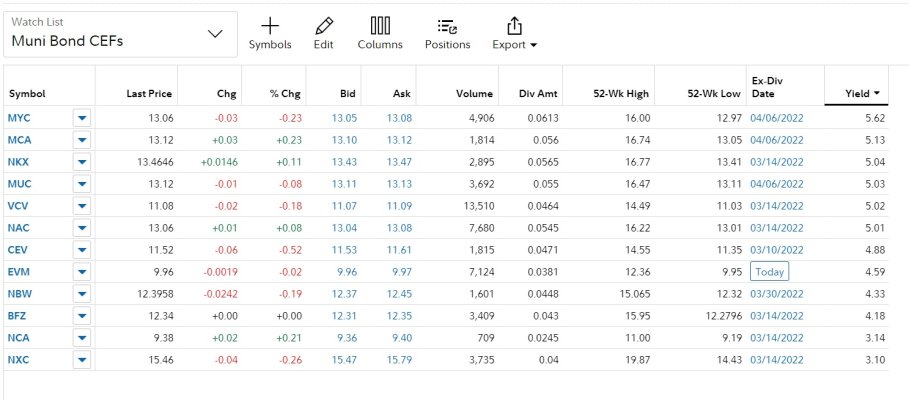As for diversification, I stick to stable sectors such as financials, telecom, technology, pharma, and biotechnology and only companies that are profitable. I completely avoid energy, retail, industrials, and mining where the bulk of the defaults have occurred.
On energy, do you avoid even things like Chevron, Nextera, etc?

